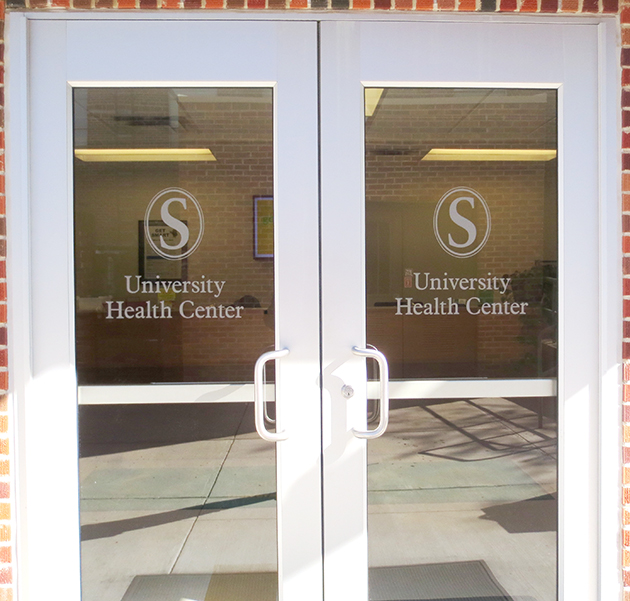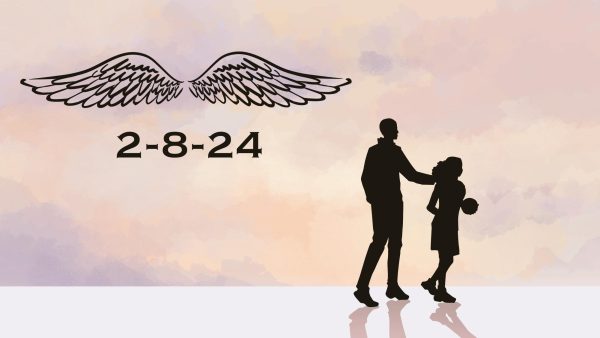Coping mechanisms to relieve stress during the holiday season
Christmas season can trigger sadness, depression and potentially intensify feelings of guilt for many people. Christmas can be associated with high expectations of perfect, happy families, celebrations and gift giving, but not all are able to live up to those socially constructed expectations. It is common for some people to experience feelings of isolation, financial pressure or increased family conflicts that make the holiday season a stressful time of the year. For those who have recently lost a loved one, Christmas can bring up feelings of sorrow and loneliness. Beating the holiday blues is about staying true to who you are and respecting your limits without succumbing to self-isolation. This means giving yourself credit for taking care of yourself during the holidays.
Measures you can take to cope with the holiday blues can be small things, such as making plans in advance so you know who your holidays will be spent with in order to avoid uncertainty and anxiety. Other coping measures a person experiencing the holiday blues could utilize include asking for help, not allowing perfectionism to tear you down, spending time alone to reflect, grieving if necessary and making time to rejuvenate and rest.
Symptoms of depression could be portrayed in emotions such as persistent feelings of sadness, a disconnect from feelings, lack of interest in the world around you, weight fluctuation, insomnia, low energy, feelings of guilt, difficulty concentrating, irritability, feelings of restlessness and/or feeling suicidal. If these symptoms are severe or continue weeks past the holiday season, the holidays may not be the cause. If you are a student or faculty member struggling with depression, you are not alone.
The University Counseling Center is located in the Student Union Breezeway and is available to students and faculty on campus. Services provided include consultations, workshops, individual counseling, family and couples counseling, psychoeducational groups, support groups and therapeutic groups. The UCC also provides a 24/7 hotline for emergency on-call services. You can contact the UCC at 985-549-3894. Additional resources include the National Suicide Prevention Lifeline 1-800-273-TALK and the Substance Abuse and Mental Health Services Administration Help Hotline at 985-549-3894.
Your donation will support The Lion's Roar student journalists at Southeastern Louisiana University.
In addition, your contribution will allow us to cover our annual website hosting costs.
No gift is too small.






